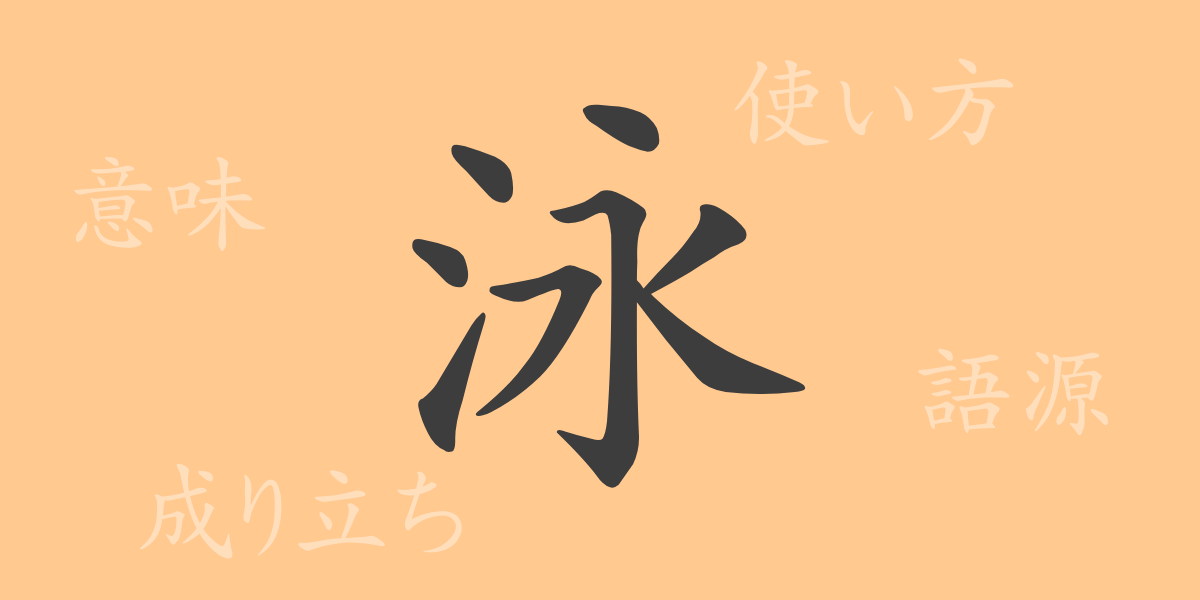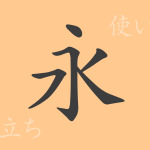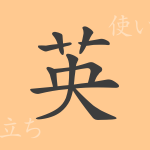“
Moving freely in the water has been an attractive skill for humans since ancient times and has played an important role in daily life and sports. In this article, we focus on the Japanese common kanji “”泳”” ( Ei/Oyo), delving deep into its origin, meaning, usage, and examples of its use in the Japanese language. How is “”泳”” used in Japan, a country of waterside, and what value does it hold? We hope that this single character will become a fountain of new knowledge for our readers.
The Origin of 泳 ( Ei/Oyo)
The kanji “”泳”” is composed of the radical “”氵”” ( Sanzui), meaning water, combined with “”永”” ( Ei), indicating movement. In ancient China, this character represented moving through water, and over time, it came to have meanings related to various acts of “”swimming,”” including the sport of swimming. The history of how this kanji was transmitted to Japan and became established as a Japanese word is very interesting.
The Meaning and Usage of 泳 ( Ei/Oyo)
The kanji “”泳”” has the basic meaning of “”floating in water and moving using one’s arms and legs.”” This can literally refer to swimming, or it can be used metaphorically to mean “”overcoming difficulties and obstacles and moving forward.”” In the Japanese language, there are various expressions using this kanji, and diverse usages can be seen depending on the context.
Reading, Stroke Count, and Radical of 泳 ( Ei/Oyo)
To deepen our understanding of the kanji “”泳,”” it is important to know its reading and structure.
- Reading: The on’yomi reading is “”エイ”” (Ei), and the kun’yomi reading is “”およ・ぐ”” (Oyo・Gu).
- Stroke Count: 10 strokes in total.
- Radical: 水 (Mizu, Sanzui), meaning “”water””.
Compound Words, Idioms, and Proverbs Using 泳 ( Ei/Oyo) and Their Meanings
There are many compound words, idioms, and proverbs containing “”泳”” in the Japanese language. For example, “”泳ぎを覚える”” (Oyo-gi wo -obo-eru) literally means learning how to swim, but it is also used as a metaphor for taking the first step in learning something new. Additionally, “”自由泳ぎ”” (Jiyū oyo-gi) refers to a type of competitive swimming, and the expression “”泳がせる”” ( Oyo-gaseru) can mean letting something be free or watching how things go.
Conclusion on 泳 ( Ei/Oyo)
From daily life to sports and literary works, “”泳”” is deeply rooted in our culture. The rich meanings and usages of this single character symbolize the breadth of expressiveness in the Japanese language, and understanding it is a step towards knowing the depth of the language. If you have felt that “”泳”” is not just a kanji but a symbol full of vitality and possibility through this exploration, we would be delighted.
“

























